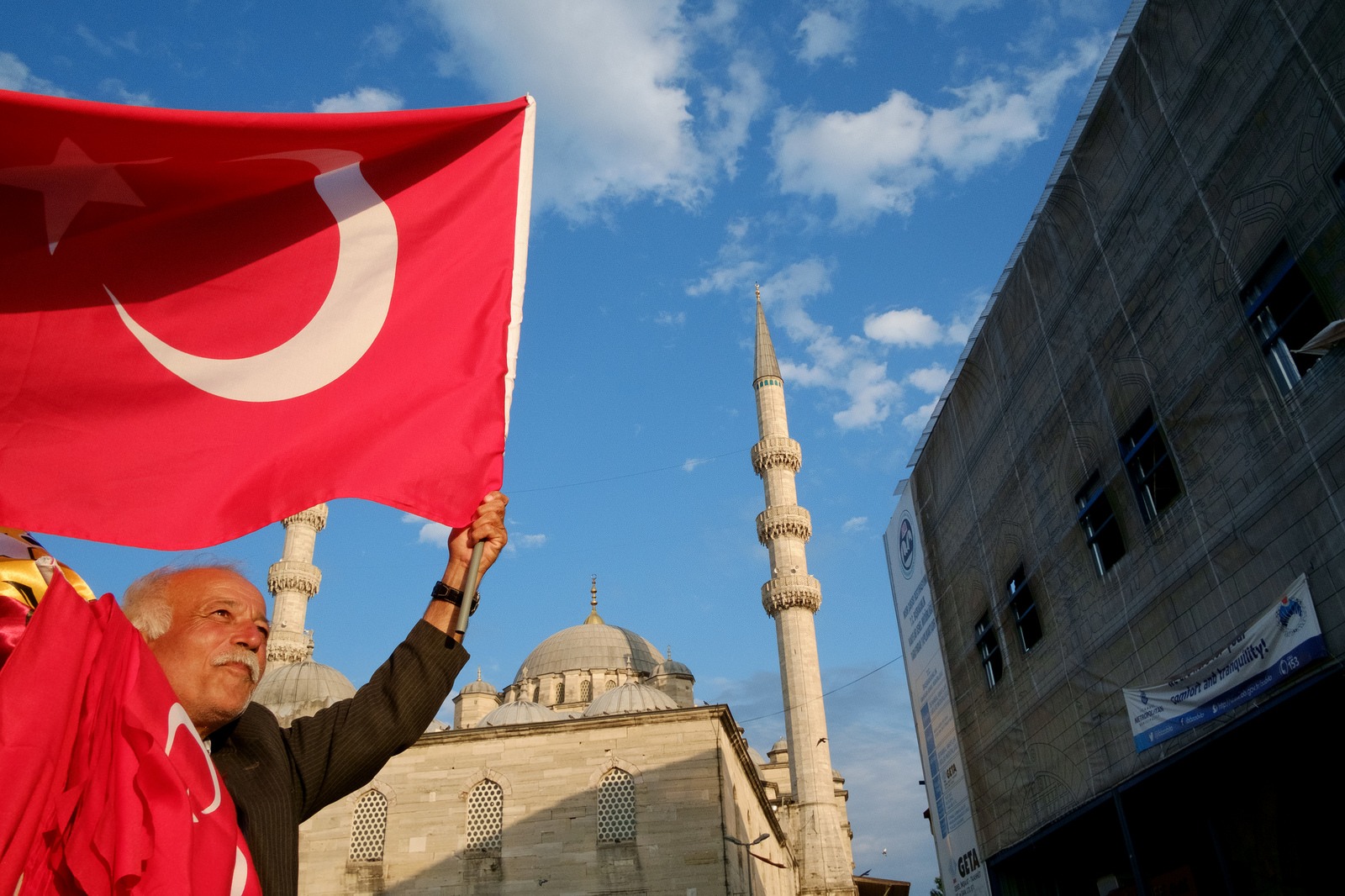
Turkey’s president Recep Tayyip Erdogan might be forced into the second round of a presidential election, which would take the form of a head-to-head contest, as some voters have been put off by his authoritarian tendencies.
Mr Erdogan, who has become one of the most influential and divisive figures in modern Turkish history during his decade and a half in power, used a violent attempted coup of July 2016 to muzzle the press, jail tens of thousands of opponents and fire or suspend more than 100,000 people from their state jobs. He narrowly won a controversial referendum on a presidential system in April last year amid accusations of vote rigging. He called snap elections two months ago in the hope of securing an easy victory in both parliamentary and presidential contests before economic problems took hold. The election campaign took place under a state of emergency, which limited public gatherings.
Mr Erdogan has been caught off guard by the energetic and combative performance of Muharrem Ince, a former teacher who is a presidential candidate for the centrist and secularist Republican People’s party (CHP). Selahattin Demirtas, a presidential candidate for the pro-Kurdish Peoples’ Democratic party (HDP), is campaigning for office from a jail cell, where he is awaiting trial on trumped-up terrorism charges, along with several of his lawmakers.
The ruling Justice and Development party (AKP) has suffered fraying support in recent years. Turkey’s usually fractious opposition stands a chance of gaining control of parliament as the fledgling IYI (Good) party, formed by disgruntled former members of the MHP, and the CHP have joined the small conservative religious Saadet (Felicity) party to form an alliance. If Mr Erdogan won the presidency but not a parliamentary election, he could call a fresh election to regain parliament as he did in 2015, when he lost his majority for the first time.
If Mr Erdogan wins he will be at the top of a powerful new system of governance that abolishes the role of prime minister and concentrates sweeping powers in the president’s hands, like in Russia. He will have the power to appoint his cabinet at his own, issue executive decrees and appoint members of the judiciary and the higher ranks of the bureaucracy.
Mr Erdogan has said the system will bring stability and prosperity to the nation of 81 million after a tumultuous few years. Opposition parties have said that, if they win, they will reverse the transition to an executive presidency, instead maintaining a parliamentary system.
Turkey is struggling with double-digit inflation and a plunging currency, which has lost about a fifth of its value against the dollar since the start of the year, as Mr Erdogan’s unorthodox views that lower interest rates will help decrease inflation have undermined investor confidence in him and the lira (Mr Erdogan has promised to take control of the monetary policy after the elections). The country is also grappling with a wide current account deficit and heavy corporate foreign-currency debt burden, leaving Turkey particularly vulnerable when investor sentiment shifts.
The economy defied all expectations last year with gross domestic product growth of 7.4 per cent, rebounding from the 2016 attempted coup as incentives helped fuel domestic consumption. However, a slowdown in gross domestic product growth is widely expected.
Photo: Spyros Papaspyropoulos